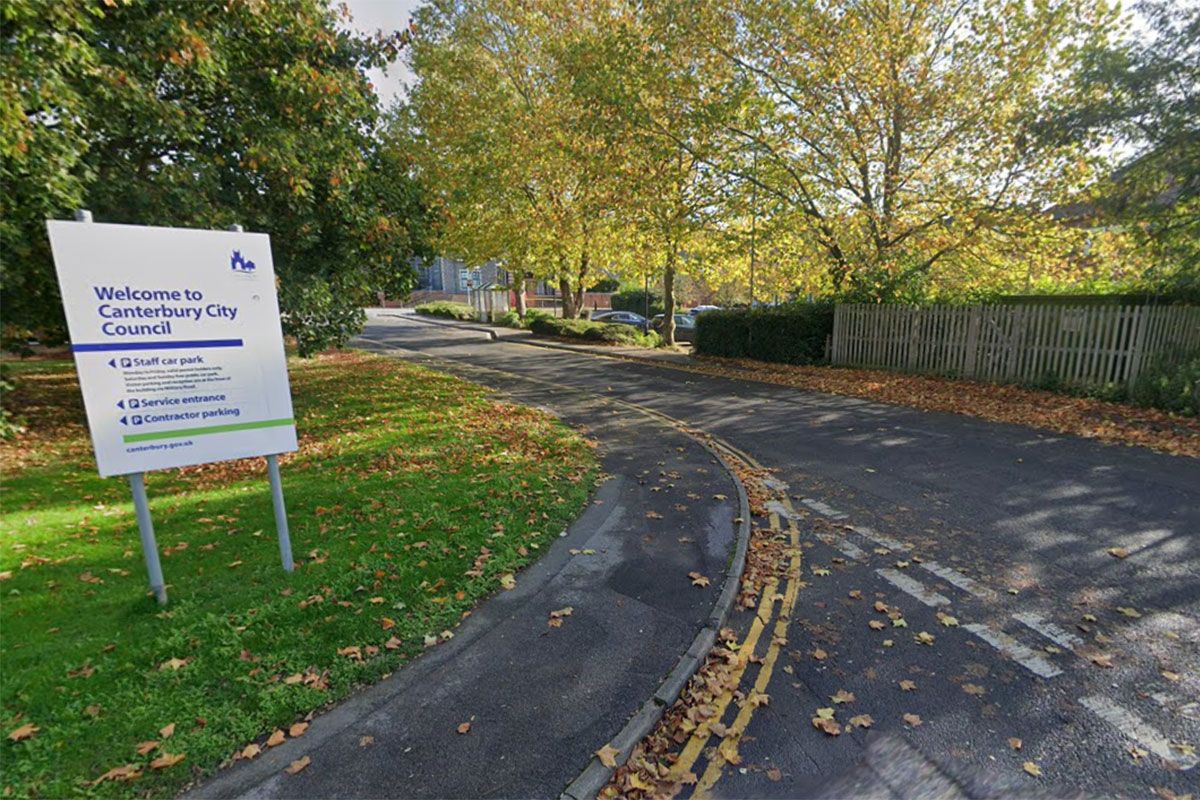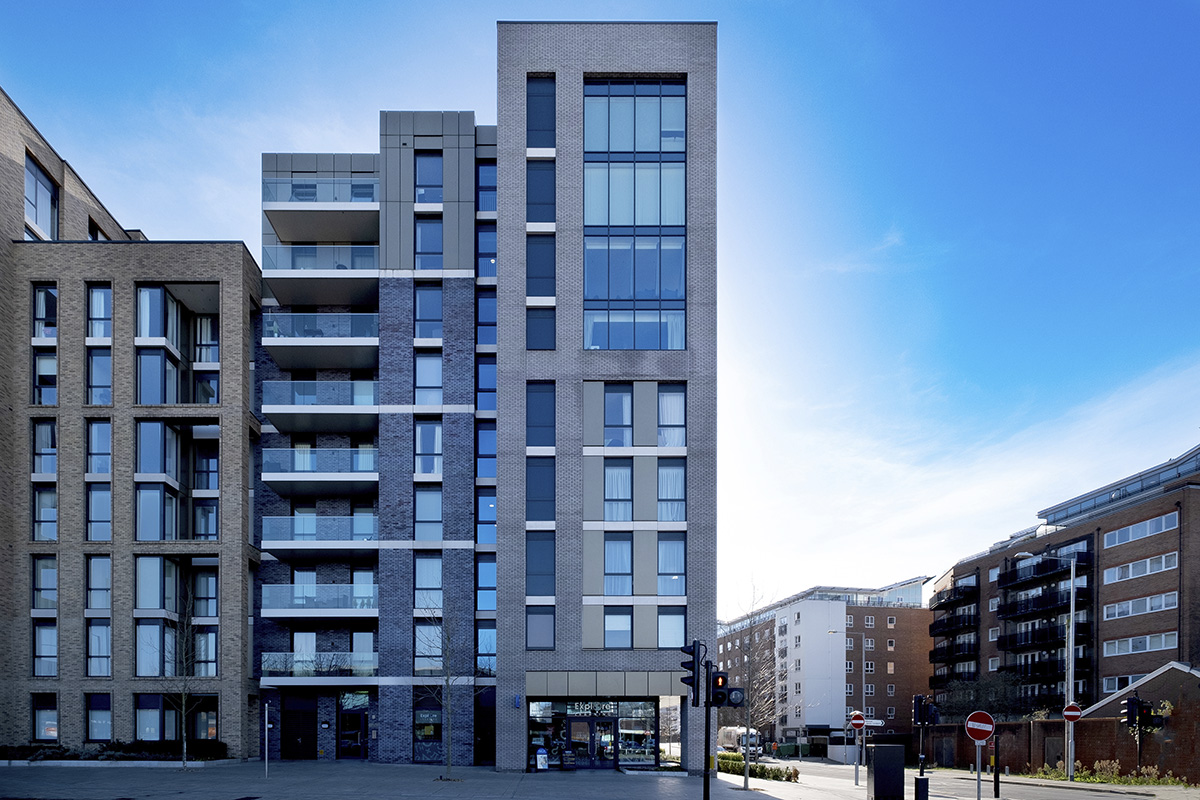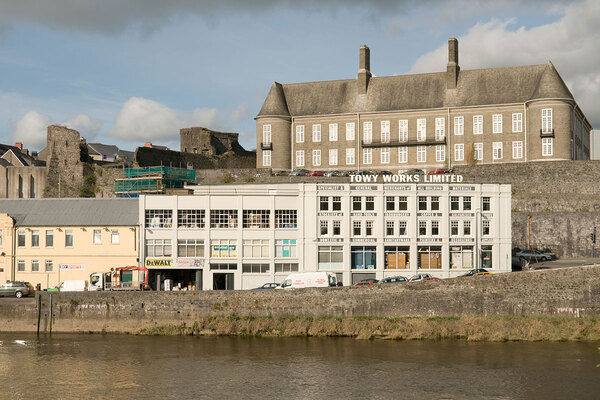You are viewing 1 of your 1 free articles
Local authority raises concern government will introduce lower rent cap
A council report has highlighted concerns the government is planning to introduce a lower than expected rent cap, which would have “significant implications” for the financial viability of its Housing Revenue Account (HRA).
According to Canterbury City Council’s report that went before cabinet earlier this month, “there is speculation that the government will consult this autumn on proposals to introduce a ceiling to limit the percentage by which the council may increase housing rents”.
Last year, the government introduced a 7% cap on social housing rent increases in light of the cost of living crisis.
The rent rises are usually capped by the government at a maximum of the Consumer Price Index (CPI) of inflation plus 1%, set in September every year.
However, as a result of soaring inflation, the allowed maximum increase would have been 11.1%.
This year, social landlords are expected to be able to revert to the normal formula, which equates to a 7.7% maximum increase.
However, the council document, which sets out proposals for the revenue and capital budgets of the HRA for 2024-25, raises concerns that this may be lowered.
According to the report, the council’s HRA is “under considerable financial pressure due to rising costs, competing priorities and a degree of uncertainty about the level of rent increase the government will permit”.
The report said: “There is speculation that the government may consult on a proposal to impose a lower rent increase ceiling, but no details are available at present.
“Such proposals make it difficult for the council to plan effectively for the future of the housing service.
“Recent government interventions have had a permanent negative impact on the HRA.
“The rent reduction policy of 1% per annum between 2016-17 and 2019-20 reduced income to the HRA by approximately £2.8m a year, and the rent cap in 2023-24, which limited the increase to 7% was 4.1% lower than expected.
“There is no mechanism for the council to claw back the reduction in rental income in subsequent financial years.
“In addition, the cost of managing and maintaining the housing stock continues to rise at rates much higher than CPI, particularly for maintenance, utilities and skilled professional staff.
“A stable and reliable policy environment for rent setting is vital to enable the council to manage the HRA as an efficient and effective long term business.”
According to the report, the timescales for the process of varying rents is “very tight” and a “delay for any reason could have serious financial and organisational impacts on the council”.
“The HRA budget for 2024-25 is for one year only and does not contain any projections for following years because of uncertainty about government rent policy and the need to keep many elements of the budget under constant review,” it said.
The Department for Levelling up, Housing and Communities did not comment. However, it did refer to its response to last year’s consultation on social housing rents, which outlined that its policy is for rents to be permitted to increase by up to CPI plus 1% in 2024-25.
Sign up for our Council Focus newsletter
Already have an account? Click here to manage your newsletters












